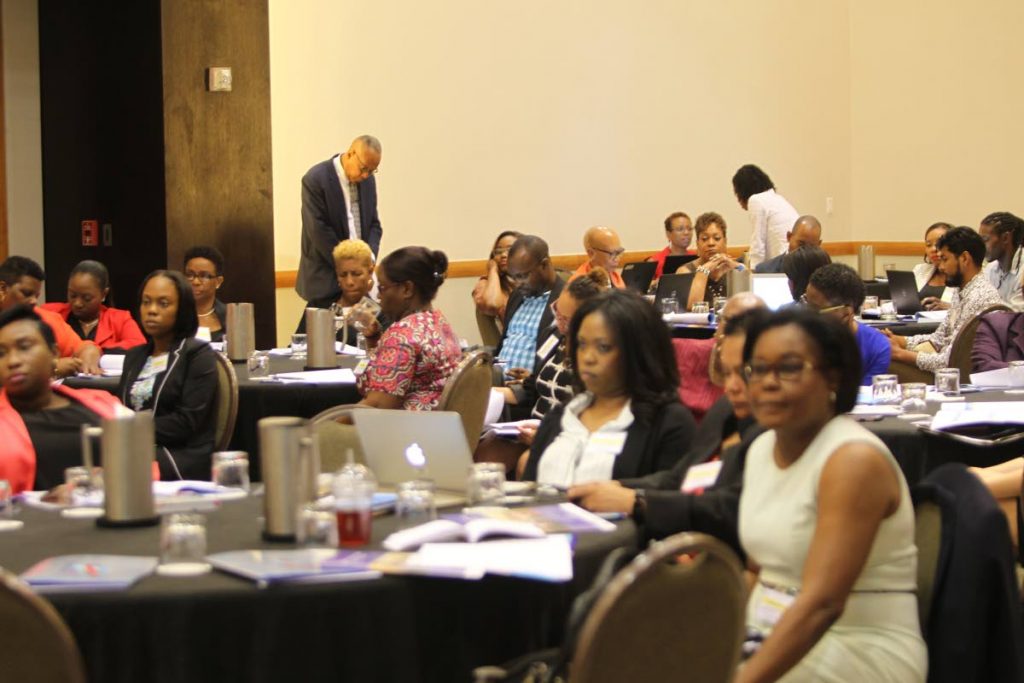One in three don’t know HIV status

JULIEN NEAVES
ONE in three people in the Caribbean with HIV do not know their status, and the region is lagging behind in terms of testing, UNAIDS Director Latin America and Caribbean Dr Cesar Núñez has reported.
He was speaking on Monday at the opening day of the three-day 6th Meeting of the National AIDS Programme Managers and Key Partners at the Hyatt Regency, Port of Spain
He said that at the end of 2016, 81 per cent of people who knew their status were accessing treatment, but the region as a whole has been lagging behind in terms of testing and viral suppression targets and one in three people living with HIV in the Caribbean is not aware of his or her HIV status.
He also said late diagnosis was a challenge in several countries, particularly for men, and in 2016 one third of those on treatment were not virally suppressed.
“If we had done all the work of linking positive status to treatment, why are we not following up and making sure they are virally suppressed? What is it we are missing?
“And we are asking ourselves that question. Because sometimes we just keep on reporting, this is the statistics, these are the data there for our country — but doesn’t it catch your eye that we are losing people to treatment?”
In better news, Núñez reported that of the 11 countries to eliminate mother-to-child HIV and syphilis transmission, seven were from the Caribbean.
“This is something to be proud of.”
The countries are Anguilla, Antigua and Barbuda, Bermuda, Cayman Islands, Montserrat, St Kitts-Nevis, and Cuba, which was recertified. Núñez explained the certification was not forever but had to be revalidated.
He said he wanted to encourage the Caribbean to accelerate the process to an AIDS-free generation. “I don’t want any Caribbean child to be born with HIV.”
Núñez said the picture of prevention among young people and adults was not as positive: from 2010 to 2016 new infections among young adults in the Caribbean did not decline, and more than one third of new infections in 2016 occurred among those ages 15-24.
“No increase in the total number of infections in the Caribbean,” he explained, but no decline either.”


Comments
"One in three don’t know HIV status"